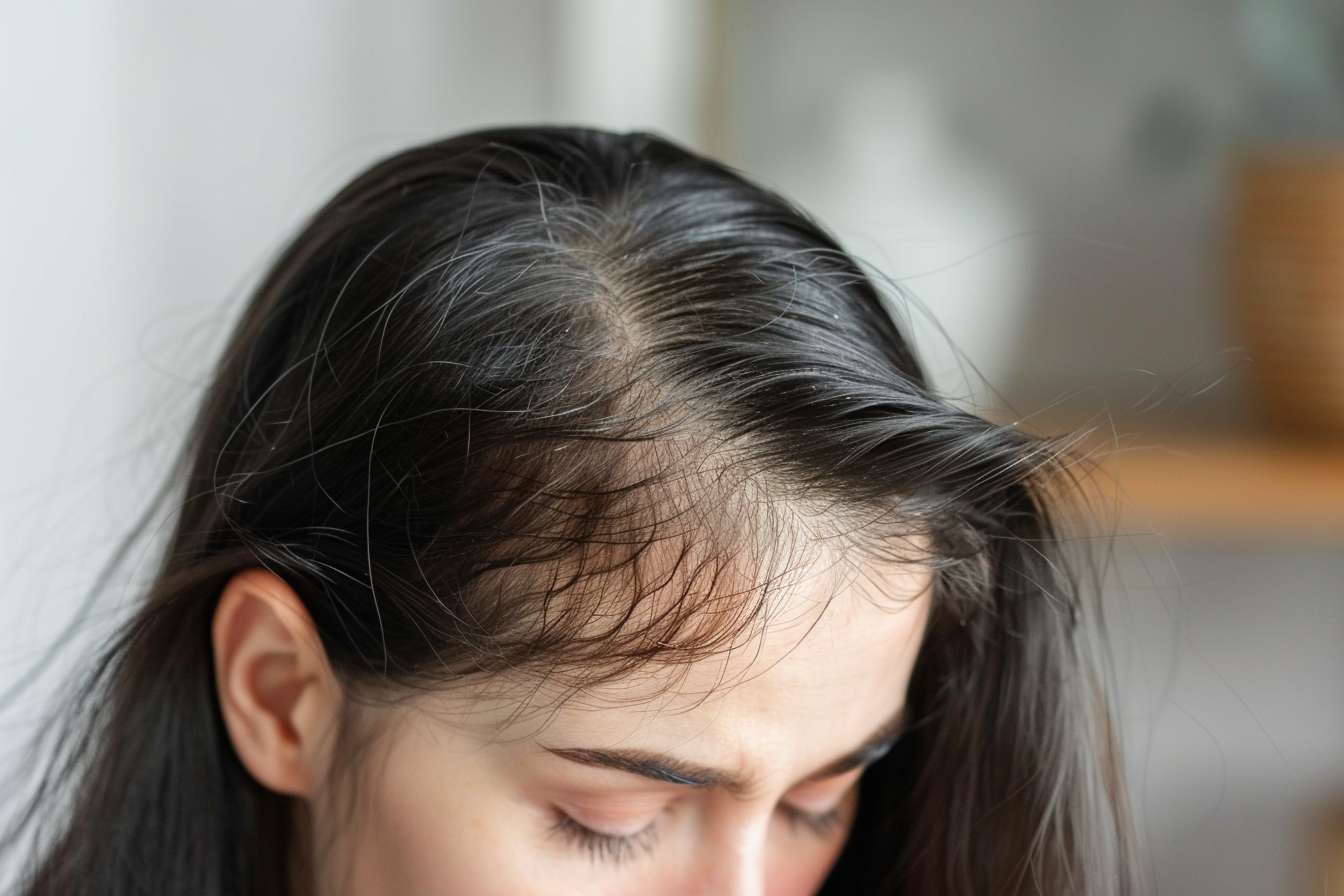Hair Loss in Women: Causes, Treatments, and Solutions
Hair loss is a common concern that affects millions of women worldwide, yet it remains a topic shrouded in misconceptions and stigma. While male pattern baldness is widely discussed, female hair loss often goes unaddressed, leaving many women feeling isolated and unsure where to turn for help. The impact of hair loss on women can be profound, affecting self-esteem, mental health, and overall quality of life. This article delves into the causes of female hair loss, explores available treatments, and discusses the psychological impact of this often-overlooked issue. By shedding light on this topic, we aim to empower women with knowledge and support, helping them navigate the challenges of hair loss with confidence and understanding.

Other forms of hair loss in women include telogen effluvium, a temporary shedding often triggered by stress or hormonal changes, and alopecia areata, an autoimmune condition that causes patchy hair loss. Understanding the different types of hair loss is crucial for determining the most appropriate treatment approach.
Common Causes of Female Hair Loss
The causes of hair loss in women are diverse and often multifactorial. Hormonal changes play a significant role, particularly during pregnancy, postpartum, and menopause. The fluctuation of oestrogen and progesterone levels can disrupt the hair growth cycle, leading to increased shedding or thinning.
Nutritional deficiencies, particularly in iron, vitamin D, and biotin, can also contribute to hair loss. A balanced diet rich in proteins, vitamins, and minerals is essential for maintaining healthy hair growth. Thyroid disorders, both hyperthyroidism and hypothyroidism, can significantly impact hair health, often leading to diffuse hair loss across the scalp.
Stress, both physical and emotional, is another major contributor to hair loss in women. Chronic stress can disrupt the hair growth cycle, pushing more hair follicles into the resting phase and leading to increased shedding. Additionally, certain medications, such as chemotherapy drugs, blood thinners, and some antidepressants, can cause hair loss as a side effect.
Diagnosis and Medical Treatments
Diagnosing the underlying cause of hair loss in women often requires a comprehensive approach. Dermatologists may perform a thorough scalp examination, blood tests to check for nutritional deficiencies or hormonal imbalances, and in some cases, a scalp biopsy to rule out specific conditions.
Once the cause is identified, various medical treatments can be explored. Minoxidil, available over the counter in the UK, is a topical solution that can help stimulate hair growth and slow hair loss in some women. For those with hormonal imbalances, treatments such as spironolactone or oral contraceptives may be prescribed to regulate androgen levels.
In cases of nutritional deficiencies, supplementation with iron, biotin, or other vitamins may be recommended. For autoimmune-related hair loss, corticosteroids or immunosuppressants might be considered, although these treatments require careful monitoring due to potential side effects.
Non-Surgical Solutions and Lifestyle Changes
Beyond medical treatments, there are several non-surgical options and lifestyle changes that can help manage hair loss in women. Hair camouflage products, such as tinted powders, sprays, and fibres, can effectively conceal thinning areas and create the appearance of fuller hair.
Scalp micropigmentation, a cosmetic tattooing technique, can create the illusion of a fuller hairline and denser scalp coverage. This non-invasive procedure has gained popularity in recent years as a long-lasting solution for those with persistent hair loss.
Lifestyle modifications can also play a crucial role in managing hair loss. Stress reduction techniques, such as meditation, yoga, or regular exercise, can help mitigate stress-related hair shedding. A balanced diet rich in protein, iron, and essential vitamins can support healthy hair growth. Gentle hair care practices, including avoiding harsh chemical treatments and excessive heat styling, can help prevent further damage to fragile hair.
The Psychological Impact of Hair Loss in Women
The emotional toll of hair loss on women cannot be overstated. In many cultures, hair is closely tied to femininity, beauty, and identity. Losing hair can lead to feelings of shame, loss of confidence, and even depression. It’s crucial to address the psychological impact of hair loss alongside physical treatments.
Support groups and counselling can provide valuable emotional support for women struggling with hair loss. These resources can help women develop coping strategies, share experiences, and feel less isolated in their journey. Additionally, working with a therapist or psychologist can help address any underlying anxiety or depression related to hair loss.
Future Directions in Female Hair Loss Research
Research into female hair loss continues to evolve, with promising developments on the horizon. Stem cell therapy, which aims to regenerate hair follicles, shows potential as a future treatment option. Gene therapy and the development of new, targeted medications are also areas of active research.
Additionally, there’s growing interest in the role of the gut microbiome in hair health, with some studies suggesting that probiotic supplements may help improve hair growth and quality. As our understanding of the complex factors influencing hair loss in women deepens, more personalised and effective treatments are likely to emerge.
In conclusion, hair loss in women is a complex issue that requires a multifaceted approach. By understanding the causes, exploring available treatments, and addressing the psychological impact, women can navigate this challenging experience with greater confidence and support. As research progresses and societal awareness grows, the future looks promising for more effective solutions and reduced stigma surrounding female hair loss.




